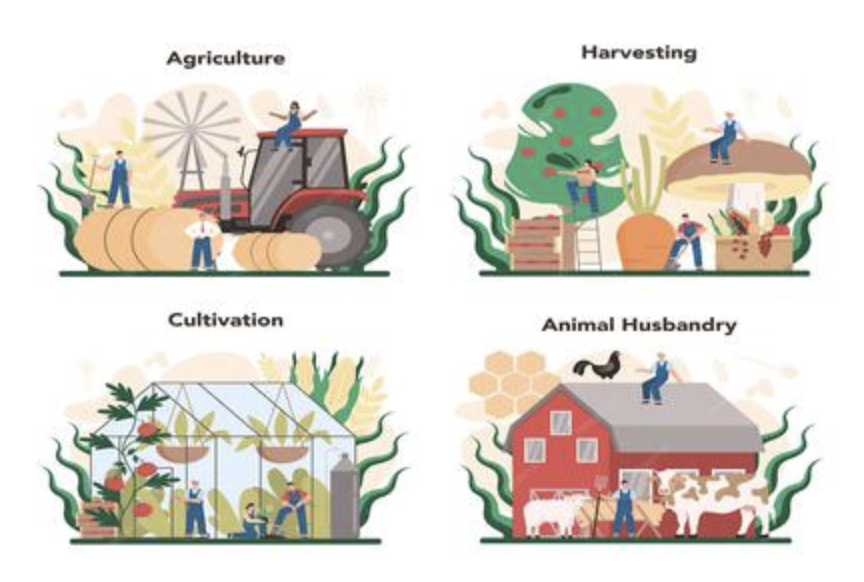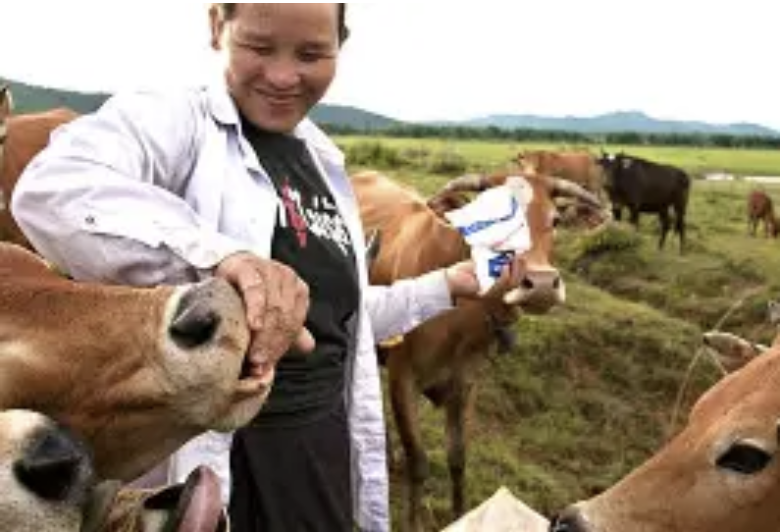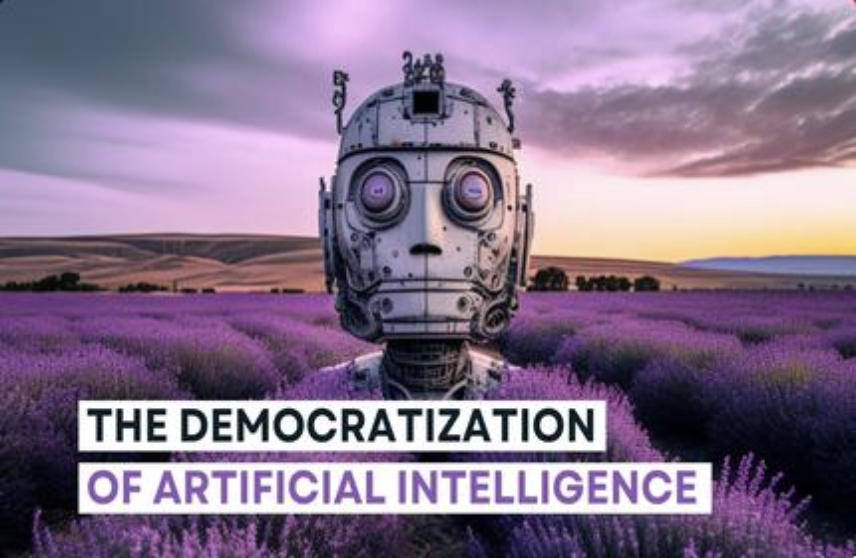From Farm to Cloud: Agri-Tech Revolution
The meal presented on your high-end dinner plate—be it a unique heirloom tomato or a premium grass-fed steak—does not solely originate from the earth and sunlight anymore. It now emerges from a fusion of agricultural land and advanced technology, as smart digital innovations transform agriculture. For wealthy buyers who seek clarity, excellence, and environmental responsibility, this change goes beyond mere farming practices—it fundamentally alters our perceptions and appreciation of the food we consume.

High-end agricultural operations are utilizing IoT devices and artificial intelligence to cultivate produce that is highly specialized and rich in flavor. In Napa Valley, grape growers employ soil monitoring sensors that track moisture content, nutrient availability, and root health, sending this information to the cloud to modify irrigation instantly. This level of precision ensures grapes maintain consistent sugar concentrations, yielding limited-edition wines known for their reliable and outstanding taste. In a similar vein, Japanese strawberry farms leverage AI-enhanced LED lighting to replicate ideal sunlight conditions, resulting in strawberries that are twice as sweet as standard varieties—available solely at high-end grocery retailers.
Vertical Farming 2.0: Urban Gourmet Harvests
Cloud-controlled vertical farming is providing fresh and unique produce in urban areas. Singapore’s Sky Greens incorporates cloud-based AI to regulate temperature, humidity, and light across its 30-story vertical farms, cultivating baby bok choy and microgreens that arrive at Michelin-star restaurants shortly after being harvested. In New York, Square Roots’ indoor farming facilities utilize cloud data to improve growth cycles, yielding rare herbs such as Persian verbena throughout the year—avoiding pesticides and lengthy shipping chains. It’s the essence of freshness, delivered directly from the urban skyline.

Cloud systems in agri-tech are minimizing waste and enhancing quality. Artificial intelligence predictions regarding crop yields boast a 95% accuracy rate, allowing luxury retailers like Harrods to purchase only what is needed, thereby cutting food waste by 30%. In the Netherlands, cloud-linked greenhouses consume 90% less water than conventional farms, producing organic lettuce that fetches higher prices from environmentally conscious consumers. For wealthy clientele, sustainability represents a standard of living, enabling them to relish superior food while safeguarding the environment.
Gourmet Livestock: Data-Driven Animal Welfare
The livestock sector is also embracing intelligent technology. Luxury beef brands such as Wagyu Way equip cattle with cloud-enabled collars that track heart rates, activity levels, and eating habits. AI processes this information to guarantee that the animals remain healthy and stress-free—essential for producing tender, marbled meat. Additionally, the cloud monitors feed quality to ensure cattle receive an organic diet composed of grains and grasses. The outcome? Premium meats that are tastier and ethically sourced.

Chef-Curated Farms: Cloud-Powered Collaboration
Leading chefs are collaborating with cloud-managed farms to craft bespoke ingredients. Chef Massimo Bottura collaborates with Italian producers utilizing cloud-based AI to cultivate tomatoes with the precise acidity required for his signature pasta sauce. These farms transmit real-time growth metrics via the cloud, allowing Bottura to modify his recipes as the plants develop. For guests at his three-Michelin-star restaurant, it provides a dining experience of food created through an impeccable partnership of chef, farm, and technology.
The transformation brought by agri-tech is not only reshaping farms but also enhancing the overall culinary experience for affluent patrons. From soil monitoring devices to cloud interfaces, each advancement introduces clarity, quality, and sustainability into dining. The future of food has arrived: rooted in tradition, driven by data, and designed for those with a discerning palate seeking the finest from farm to table.
(Writer:Wanny)





